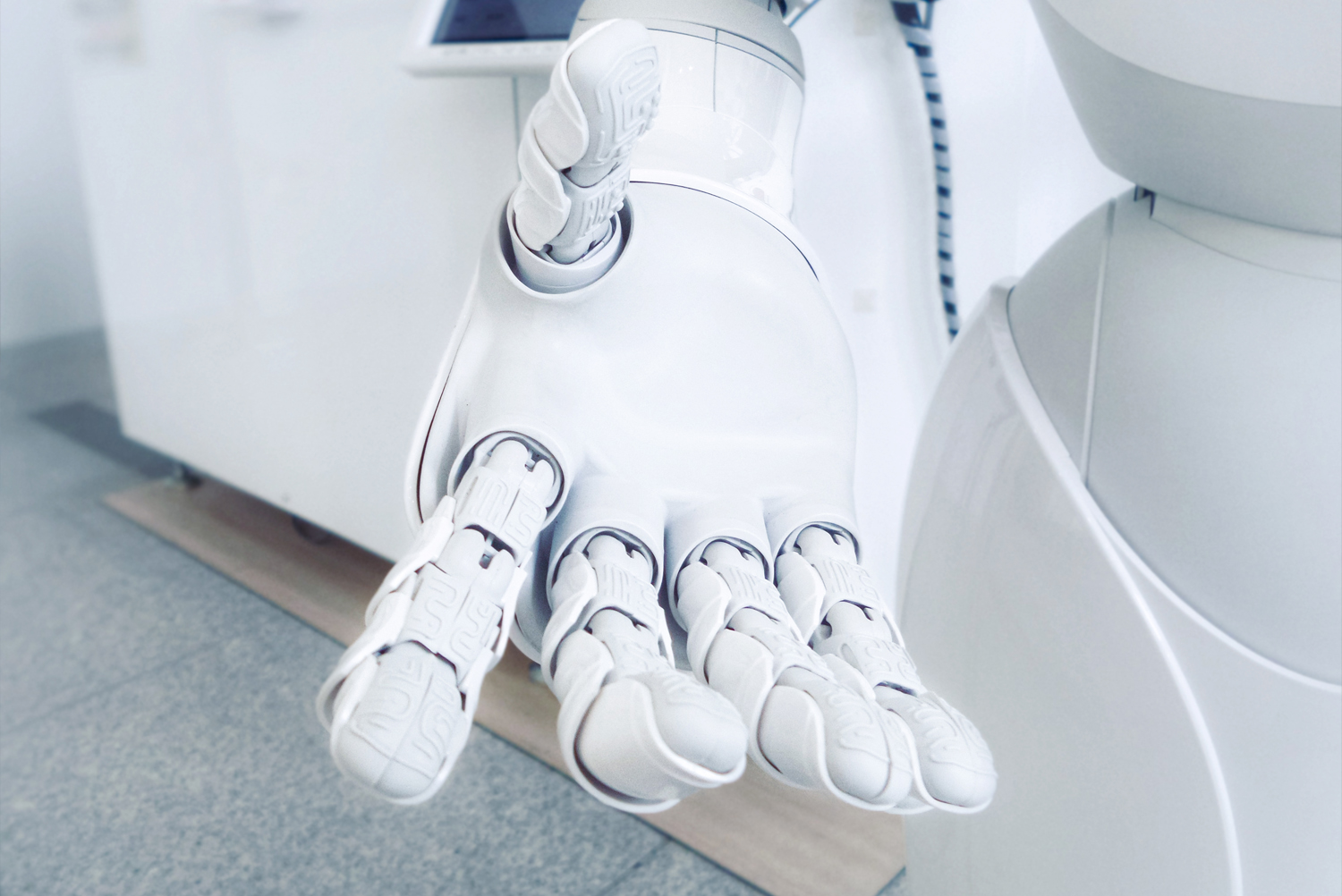A breakthrough in the world of robotics: robots could feel empathy, a capacity hitherto considered a prerogative of the human being. A “robot” has been designed with the ability to anticipate the actions of its fellow man, simply through observation. The study conducted by a team of researchers from Columbia University in New York led by Hod Lipson and published in the prestigious Scientific Reports journal, brought an extraordinary result: a robot was able to read the behavior of another machine, predicting his future actions and thus creating a spark of “artificial empathy”. Empathy is the ability of man to immediately put himself in the shoes and state of mind of another person, sensing their actions; the goal of the study is to equip artificial intelligences with this type of social communication, making their use more and more efficient and obtaining robots integrated into human society not only in appearance but also in behavior. The ability to predict future actions from observation, in fact, is a capability that allows you to significantly improve the degree of natural interaction of a robot with a human being.
Empathy in robots: an insight into Columbia University experiment
The first phase of the experiment was placing a first robot in a box, inside which it had to go in the direction of any green circle it could see. Sometimes, however, the green circle was hidden by a red cardboard box: in this case, the robot would either freeze or look for a second green circle. A second robot, meanwhile, observed the scene and, after about a couple of hours, was able to predict the goal and the path of the first robot, with a 98.5% success rate. The results of this experiment begin to demonstrate how robots can observe the world from the point of view of another machine; the experiment, of course, has several limitations, such as the fact that the behaviors of robots are infinitely simpler than human behaviors, but it is a first sign that even robots can feel empathy, putting themselves in the shoes of others to predict them and anticipate their actions only through the visual analysis of behavior.
Empathy in robots: applications, ethical and legal issues
Empathic robots will certainly find numerous applications in many areas of our life, bringing benefits and advantages for the human being. Empathic robots could play a very important role in the future of the aerospace sector: one of the greatest difficulties of a long space missions to Mars will be psychological. A robot able to feel empathy would benefit the mental health of the astronaut, “victim” of the loneliness of the long journey. NASA has been working for some time with the Australian startup Akin to develop empathic artificial intelligence, capable of capturing any emotional difficulties of astronauts and reacting accordingly. This technology will also be widely used in other sectors, such as the automotive one, especially as regards self-driving cars. As in most technological innovations, the empathic robot also presents numerous critical aspects and ethical issues to address. What social and psychological effects can such close relationship with a robot have on an individual? And to what extent can a robot be left free to make decisions? The variables to consider are many and deserve attention on both roboethics, the field of ethics applied to robotics, and legal matters: the resolution of the European Parliament of 16 February 2017 highlighted the need to regulate the use of robots and artificial intelligence. Read more about the resolution in our article!






